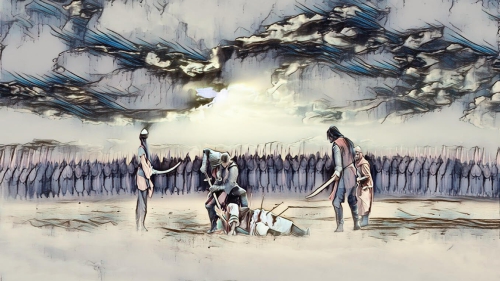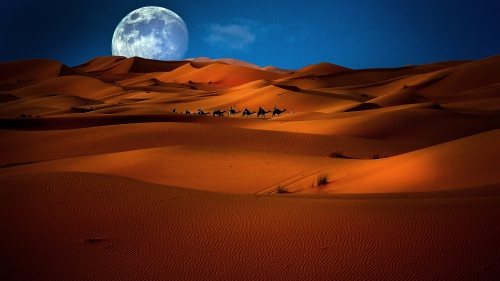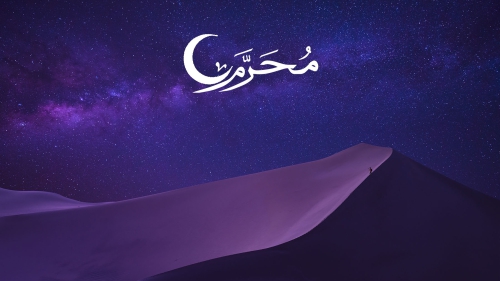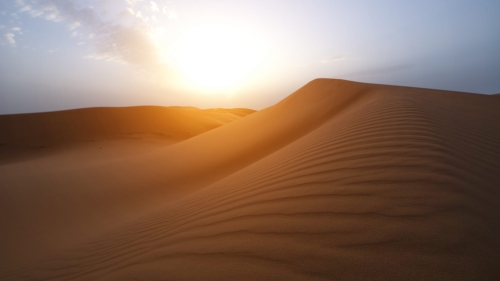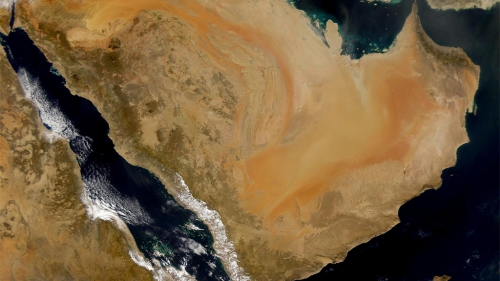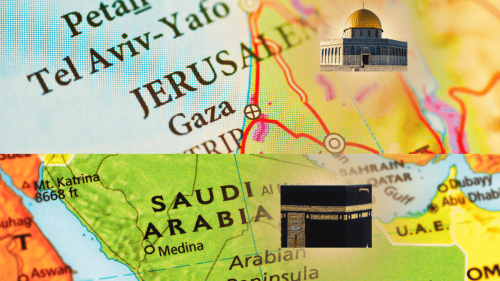Scholars Say

We often hear the words “Scholars say” when it comes to Islam. Wherever we may be, whichever language we may speak, whatever our religious background, these words echo from every platform so much so that these two words have taken on a sacred meaning of their own. And no one no longer is taken seriously unless one utters the words “Scholars say” as far as Islam is concerned, as far as the Quran is concerned. Does it mean that we do not (or we are not allowed to) have mind of our own when it comes to understanding Islam, or when it comes to understanding the Quran in particular? Do we always have to go by what the “scholar say” and not deviate? When what “Scholars say” gives the final stamp of approval for accepting anything about Islam then do we not make it sacrosanct?
The fact is most of us are satisfied with this situation because it relieves us from the burden of trying to understand Islam ourselves. From the list of all that the “Scholars say” we can find enough material from which we can pick and choose to satisfy our own individual positions. Most of us are not even interested in this much. This leaves the field open for everything for what the “Scholars have said” to be accepted without question.
But here is something to ponder. If we are on a journey to understand Islam, then this journey should continue forever (31:27). No doubt all the knowledge that has accumulated in this journey is a treasure to cherish and to be proud of. But we do need to move forward, no matter how much we may feel umbilically attached to the past. Do we want the Islamic ship to remain anchored in the past’s space and time and pretend that it is moving forward?
All the talk of moving forward, of integration and harmony, of pluralism and modernity, of new paradigms for Islamic progress and Muslim Ummah would only be pretensions then, would only be a kind of self-deception. No amount of words and speeches, although essential, will, by themselves, move us forward unless we open up pioneering vistas for further movement which is exciting and challenging, not boring and repetitive. No amount of meetings or conferences or spellbinding oratory will make us move forward if all we do is use modern terminology to label old worn out ideas and … keep on repeating: “Scholars say.” What do us, the ordinary Muslims, then become when Islam is identified only with what the “Scholars say” or what the “Sheikhs say?”
Let us take some examples. If all I do is provide reference material from the past work without adding anything new, then would I be called a scholar or bibliographer? If all I do is simply catalog quotes after quotes from the past scholars to justify everything about Islam, then would I be called an Islamic scholar or a cataloger? If all I do is to reproduce a book of interviews and reports of past events compiled by other Muslims (who were not even eyewitnesses to those events) then would I be called an Islamic scholar or a second hand reporter and narrator? If all I do is to compile a “how to” manual of dogmas and rituals of Islam, then would I be called an Islamic scholar or compiler? If all I do is to write a biography of the Prophets, then would I be called a scholar or a biographer?
Moving on, let us say I have a Ph.D. in a particular field and I become a professor doing routine teaching and research, then do I become a scholar in that field? Or, if I have an M.D. and have done fellowship in a particular field and I am engaged in routine practice, and even doing routine teaching and research, then do I become a scholar in that field? Now, then, how come I become a scholar of Islam if I have a Ph.D. in a particular subject of what is called Islamic studies and I am engaged in routine teaching and research? And to supersede all of the above, how come I become a revered scholar of Islam when after graduating from a religious institution all I do is simply preach to the choir; repeat to others what I learned when I was a student; and tell them what they want to hear?
On the other hand, the Quran uses the term Scholar or “Ulema” for those who deeply reflect in the creations of Allah such as:
ART THOU NOT aware that God sends down water from the skies, whereby We bring forth fruits of many hues - just as in the mountains there are streaks of white and red of various shades, as well as (others) raven-black, and (as) there are in men, and in crawling beasts, and in cattle, too, many hues? Of all His servants, only such as are endowed with [innate] knowledge stand [truly] in awe of God: [for they alone comprehend that,] verily, God is almighty, much-forgiving. (35:27-28) [Asad]
There are many more verses in the Quran exhorting people to constantly ponder and think in all that Allah has created. They are too numerous to even list here. (Please see the books by Maurice Bucaille.) This shows the importance the Quran places on reflecting deeply (i.e., doing fundamental research in today’s terminology) on nature and its laws. Suffice it say that the Quran uses the term “Scholars” for these people. These are the people it refers to as the Ulema, or people who have knowledge, people who think, people who ponder, people who reflect, and so on.
However, we have become victims of our reflexive thoughts due to habit and attitude formed by repetition and imitation on top of deeply rooted sectarian thoughts spread over several centuries. Changing these thoughts is not easy. This requires a deliberate conscious process that involves self-analysis, self-evaluation and self-change. This is the way to change our selves. And only by changing our inner selves could we ever hope for Islamic renaissance as mentioned in the following Quranic verse:
“Verily, God does not change men's [nation’s] condition unless they change their inner selves.” (13:11) [Asad]
So far we have been trying to change our condition without changing our inner selves, without changing our mindset. The result is in front is us. The above verse tells us to change that order. We cannot solve today’s problems with the same kind of thinking that produced them. That is, before we undertake any reform movement or do Ijtihad in Islam, there must be a mass movement for reforming our thoughts first in order to produce self-concentrated individuals. Other things will follow later. If we have prepared the ground, planted the proper seed and nourished it, then we are bound to enjoy its fruits – but later. And each generation must do its part to continue to advance this process. Allama Iqbal puts it best when he says:
The teaching of the Quran that life is a process of progressive creation necessitates that each generation, guided but unhampered by the work of its predecessors, should be permitted to solve its own problems (Page 134). …False reverence to past history and its artificial resurrection constitute no remedies for a people’s decay. ‘The verdict of history,’ as a modern writer has happily put it, ‘is that worn-out ideas have never risen to power among a people who have worn them out.’ The only effective power, therefore, that counteracts the forces of decay in a people is the rearing of self-concentrated individuals. Such individuals alone reveal the depth of life. They disclose new standards in the light of which we begin to see that our environment is not wholly inviolable and requires revision (page 120).” [The Reconstruction of Religious Thought in Islam]
Topics: History, Ijtihad, Islamic Knowledge, Islamic Revival, Muslim Scholars, Tafsir Values: Knowledge
Views: 3734
Related Suggestions






